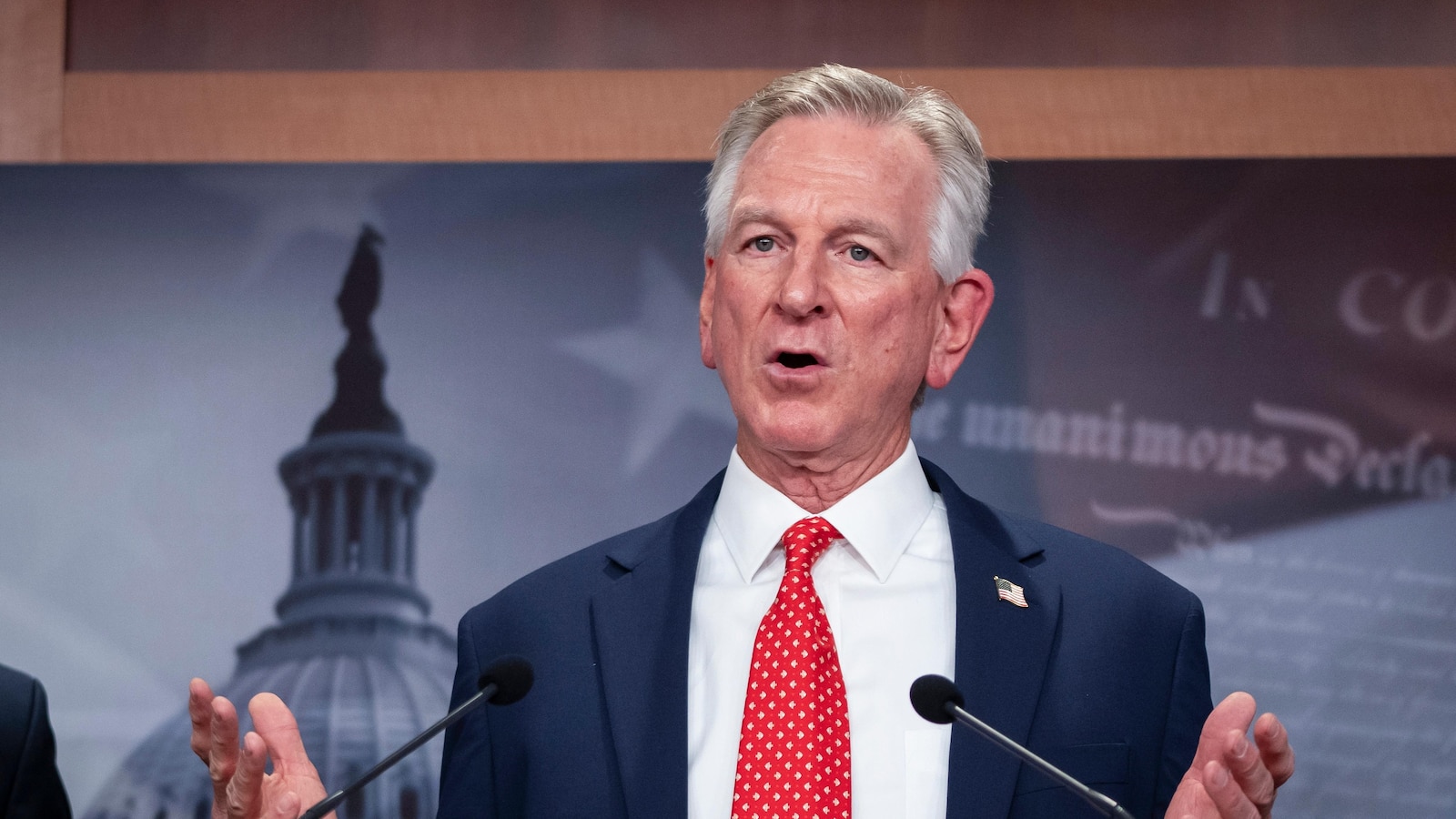Senate Confirms New Pacific Commander After Tuberville Drops Hold
WASHINGTON — The Senate has confirmed Lt. Gen. Ronald Clark as the new commander of U.S. Army forces in the Pacific after Alabama Sen. Tommy Tuberville dropped his objections, allowing for a swift vote on the nomination.
Tuberville had stalled Clark’s nomination for months, citing concerns over the handling of Defense Secretary Lloyd Austin’s hospitalization earlier this year. Tuberville alleged that Austin’s top aide and other staff members failed to promptly inform President Joe Biden about Austin’s medical situation.
Clark, nominated by Biden in July, was confirmed late Tuesday evening. Tuberville attributed his decision to drop the hold to a meeting with Clark and conversations with other Pentagon officials.
Tuberville initially demanded a report from the Pentagon’s inspector general on the matter, but with the report yet to be released and Congress entering recess until after the November election, he opted to move forward.
“I didn’t want to leave him hanging, so I asked him to come over and we sat down and talked for about an hour,” Tuberville said. Clark’s explanation aligned with information from other sources, and Tuberville stated, “so I trusted him and what he was telling me.”
The incident sparked bipartisan frustration earlier this year when it became evident that Biden was kept in the dark for days about Austin’s absence from command during his January hospital visit. Lawmakers argued that this could have led to confusion or delays in military actions.
Austin was admitted to intensive care for complications from prostate cancer surgery on January 1st, but the White House was not notified until three days later, while Austin’s senior staff was informed on January 2nd.
Tuberville, while expressing continued concern about the situation’s unfolding, believes Clark was not a primary figure in the lapse of communication.
“We do have problems there, but it wasn’t his problem,” Tuberville said.
Austin, at the time, accepted full responsibility and apologized to Biden, asserting that there were no gaps in the department’s or the nation’s security control. He stated, “At all times, either I or the deputy secretary was in a position to conduct the duties of my office.”
An earlier Pentagon review attributed the secrecy to privacy restrictions and staff hesitancy, recommending improved procedures, which have since been implemented.
A hold by any senator on a nomination or legislation prevents a quick vote by unanimous consent. While Democrats could have brought the nomination to a vote, bypassing the hold, it would have required several days of floor time and wouldn’t have been scheduled until after the November election.
This dispute follows a similar instance last year when Tuberville blocked hundreds of military promotions over a Pentagon abortion policy. His hold lasted for months, facing intense criticism from senators in both parties. The Senate ultimately approved 425 military promotions and nominations in November.
Republican colleagues expressed agreement with Tuberville’s stance on the abortion policy but openly pressured him to drop the holds, voicing concern about military readiness and the impact on service members and their families. They emphasized that these individuals were not responsible for the regulations.

